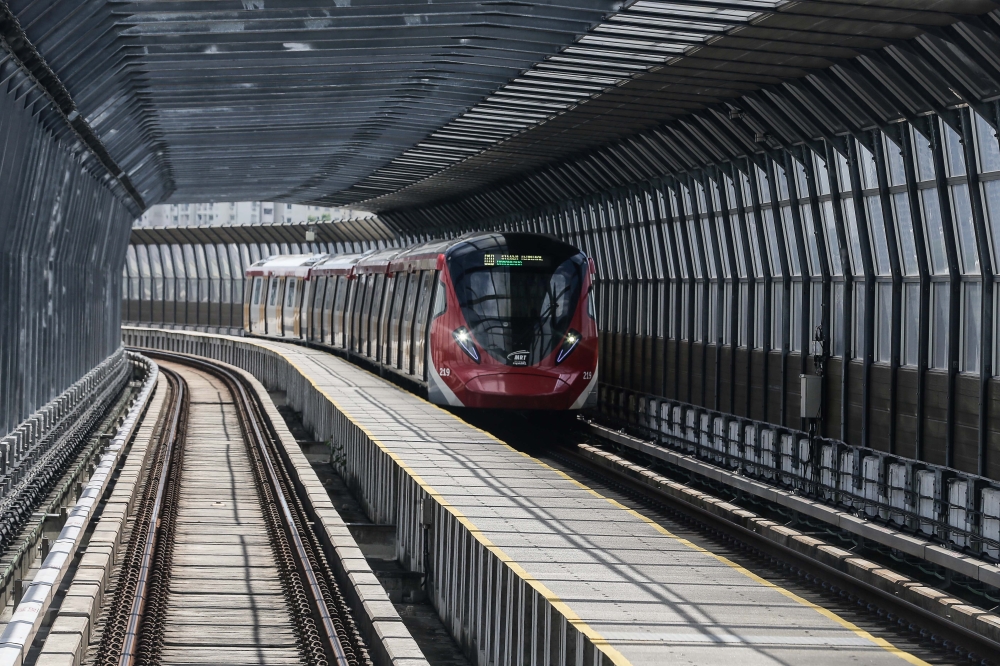PUTRAJAYA, Oct 10 — A group of disgruntled e-hailing drivers today vowed to sue the Transport Ministry and Anthony Loke if their demands are not fulfilled before new regulations on them comes into effect Saturday.
Earlier today, around 50 e-hailing drivers staged a protest at the ministry here to vent their frustration and anger at its alleged failure to look after the welfare of e-hailing drivers.
Spokesman for the Campaign to Protect the Rights of E-hailing Drivers in Malaysia Ng Kian Nam said three official letters were submitted to Loke prior to today’s peaceful protest but none received any response.
“If Loke insists on implementing the new rulings, we have decided to bring the case to the court to challenge the ministry’s decision including Loke’s latest announcement.
“Therefore we welcome all e-hailing drivers especially those who felt they were unfairly treated to get in touch with us so we can bring their case to the court,” he said at a press conference here.
He said one of the main concerns faced by e-hailing drivers was on the need for drivers to change their vehicle category from private vehicle (AB) to e-hailing private vehicle (AH).
“Last May, Loke said e-hailing drivers were given the flexibility of not changing their vehicle category from individual private vehicle to e-hailing private vehicle (AH).
“Now he announces this. This is clearly a U-turn decision,” he added.
On October 4, the Land Public Transport Agency (APAD), Road Transport Department (JPJ) imposed two new requirements for drivers to comply in order to continue operating — a physical e-hailing vehicle permit (EVP) and to convert their vehicle category from individual private vehicle to e-hailing private vehicle (AH).
Yesterday, Loke subsequently apologised for the confusion caused and stated that the change in category will be done automatically via EVP system under the APAD after the move caught EHOs by surprise.
Loke said the AH categorisation would be used by the Road Transport Department (JPJ) to register public service vehicles into the MySIKAP system.
Loke also said the vehicle category change will also not be reflected in the driver’s car grant as the move was for JPJ’s administrative purpose to identify e-hailing vehicles from others.
Ng pointed out that all government policies affecting the e-hailing industry must consider drivers’ input apart from e-hailing operators (EHO), accusing Loke of failure to do so.
“So our campaign today is to reject the minister’s U-turn policies and demand the ministry to withdraw its latest ruling before October 12,” he said.
Some the 14 listed demands were for the formation of tribunal to supervise all complaints between the EHO, customers and drivers; disallowing EHOs to terminate, suspend or ban its drivers without reasonable proof; setting a minimum wage of RM30 per hour paid by the EHOs to its drivers and recognising drivers as employees of EHOs rather than partners in order to allow them to be protected under the Employment Act.
Around 11.30am, the group led by Ng successfully handed over a memorandum of demands to a public relations officer from the ministry’s Corporate Communications Unit at the main lobby as Loke was unavailable.
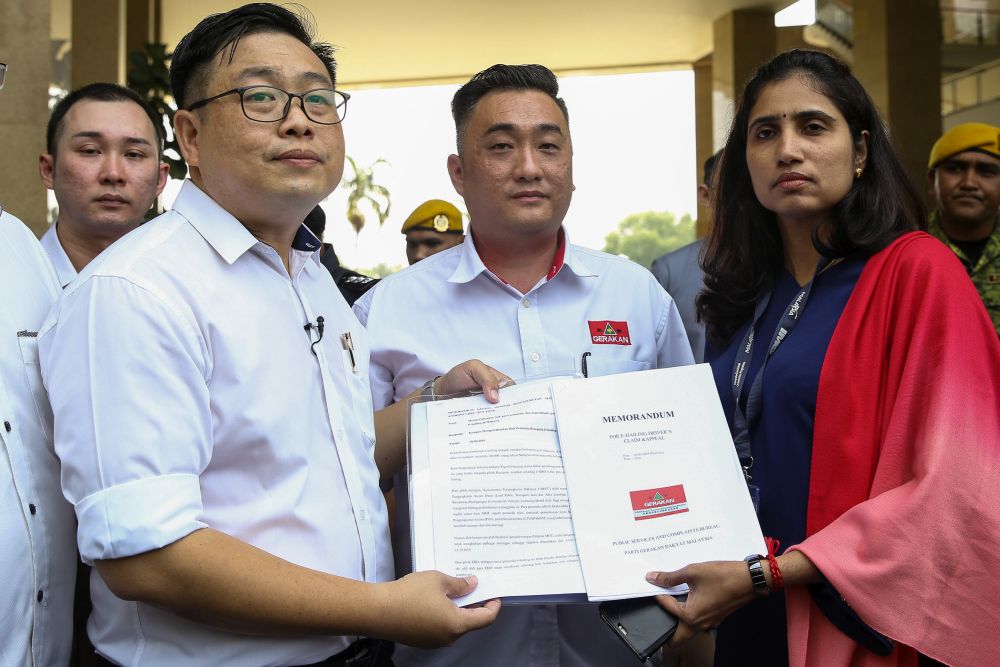
Also present during the protest was Gerakan Public Service and Complaints Bureau chairman Henry Teoh Kien Hong who demanded Loke to stop making further “U-turns” to make life difficult for e-hailing drivers.
From October 12, vehicles used for e-hailing services are required to have public service vehicle (PSV) licence, passenger insurance, e-hailing sticker and EVP from APAD.
The deadline was initially fixed on July 12 but the Cabinet then deferred it to October 12 to give more time for the drivers to fulfill the requirements.
The government has also maintained it will not extend the three-month grace period further as the extension given was deemed sufficient.

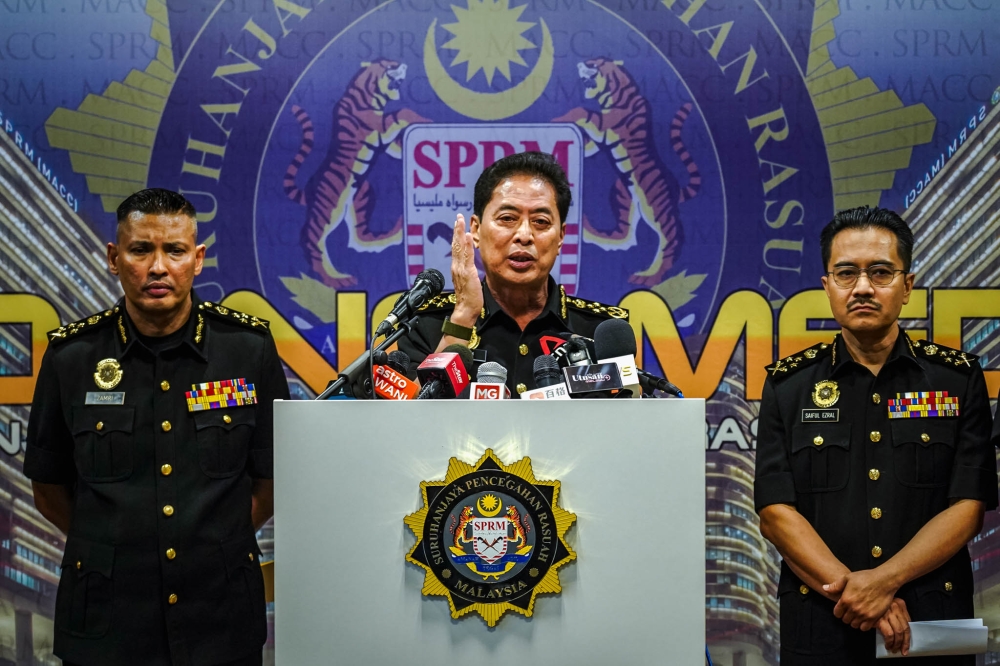



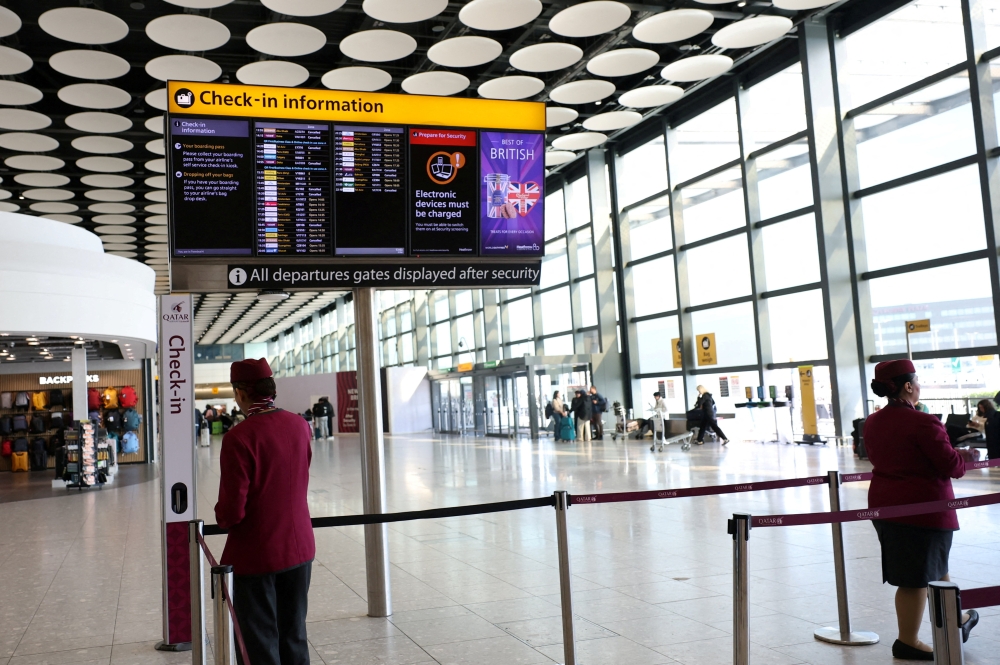
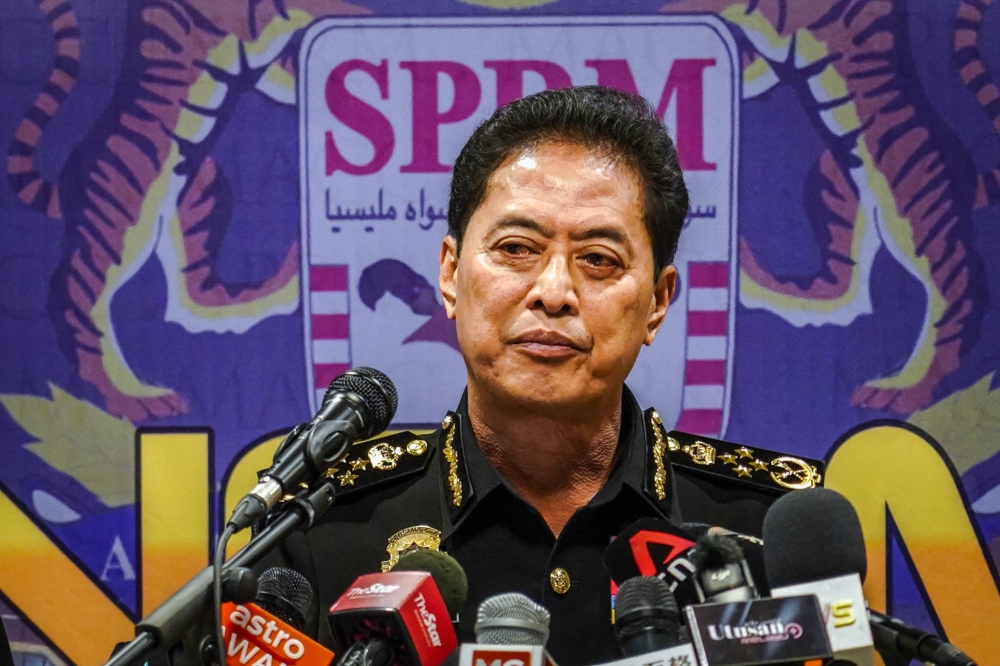
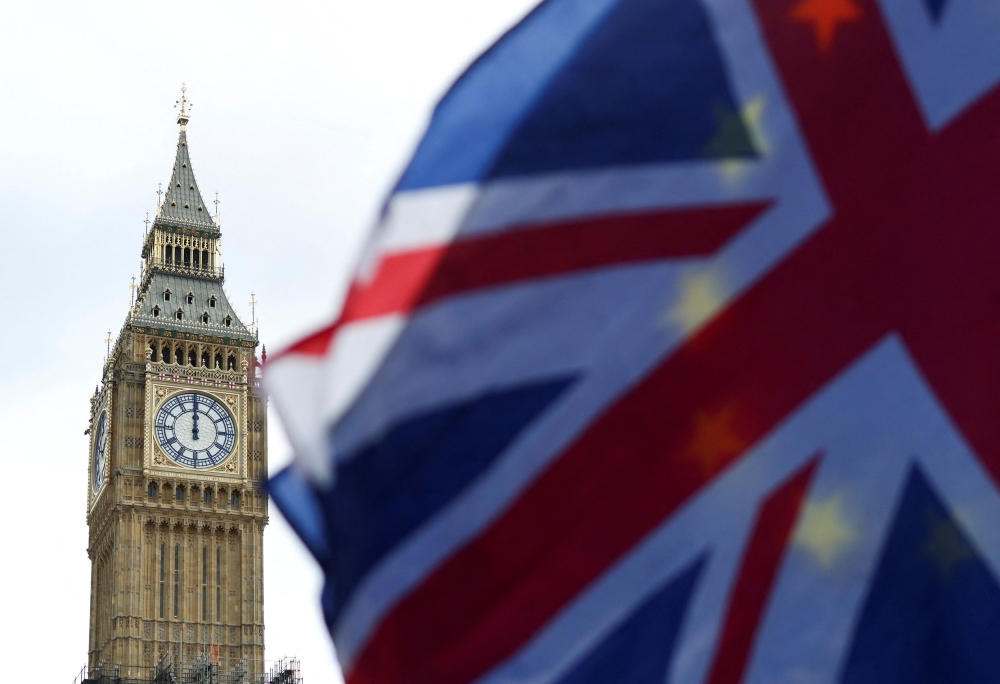

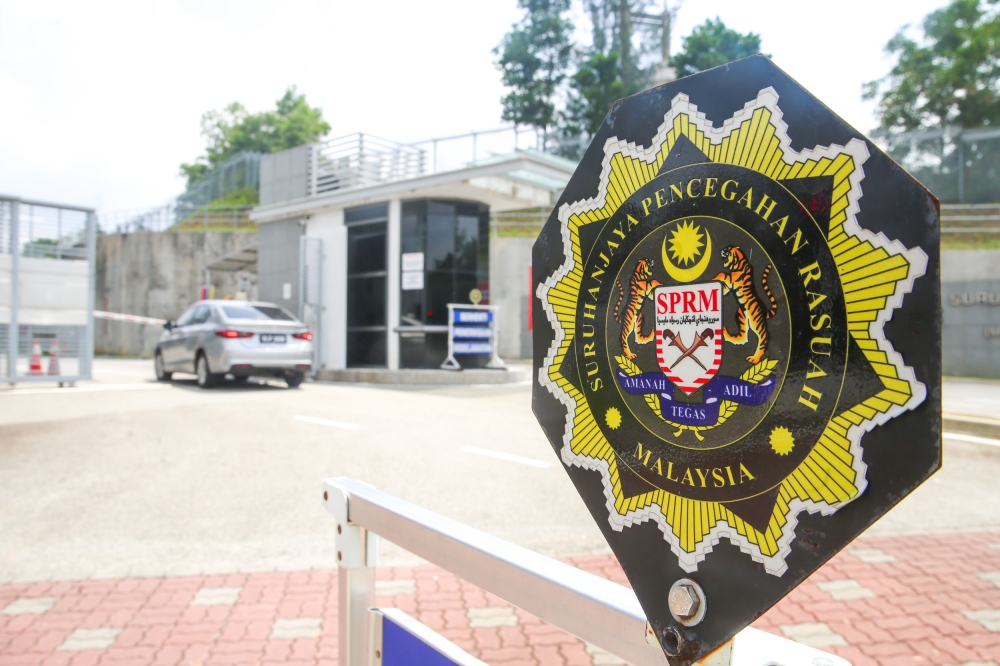
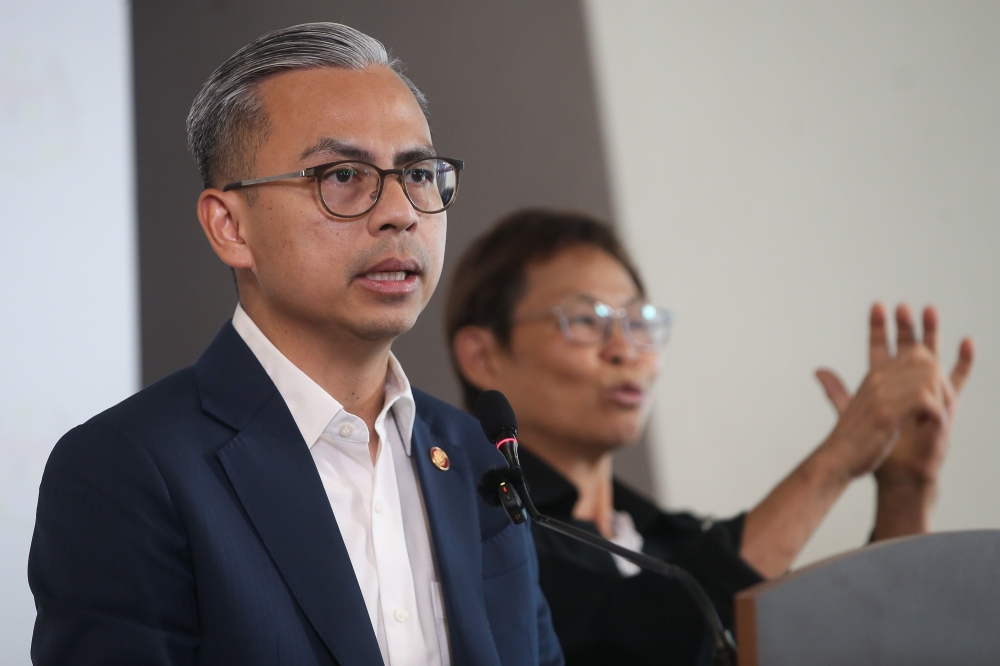

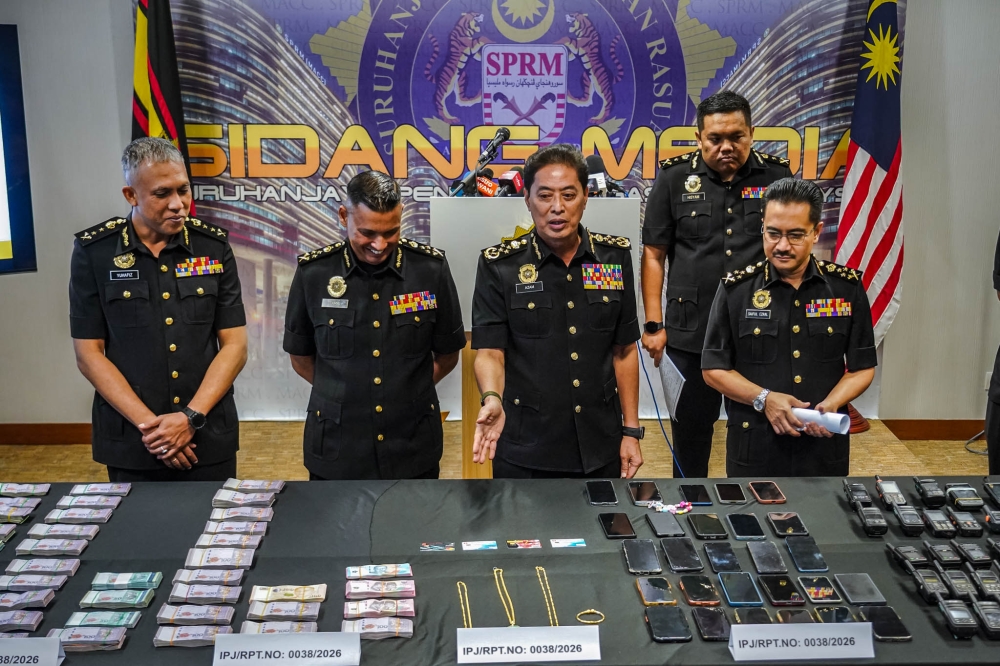

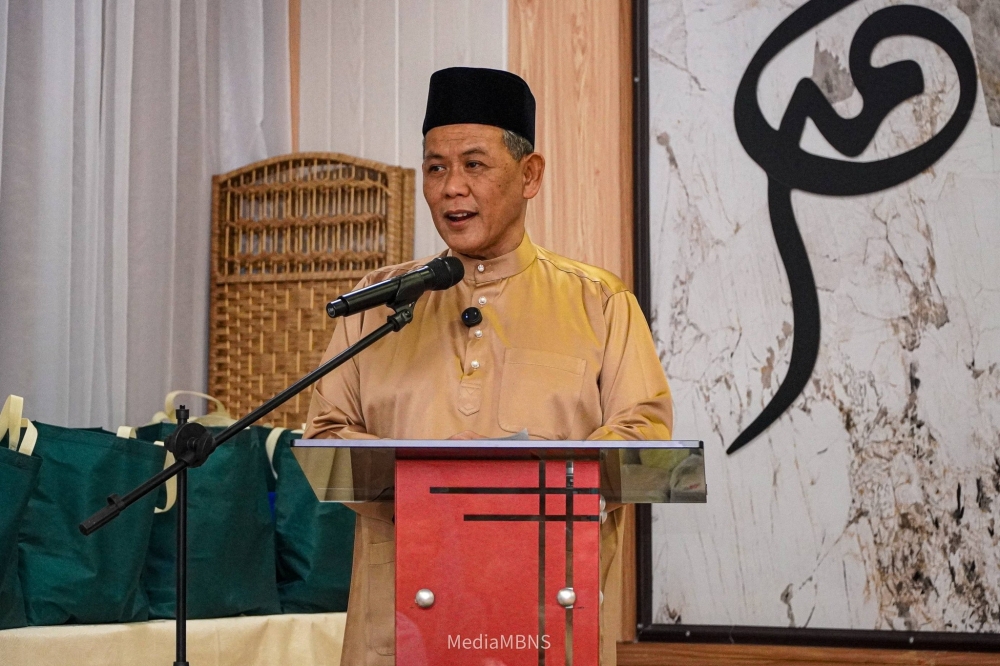

.jpg)
